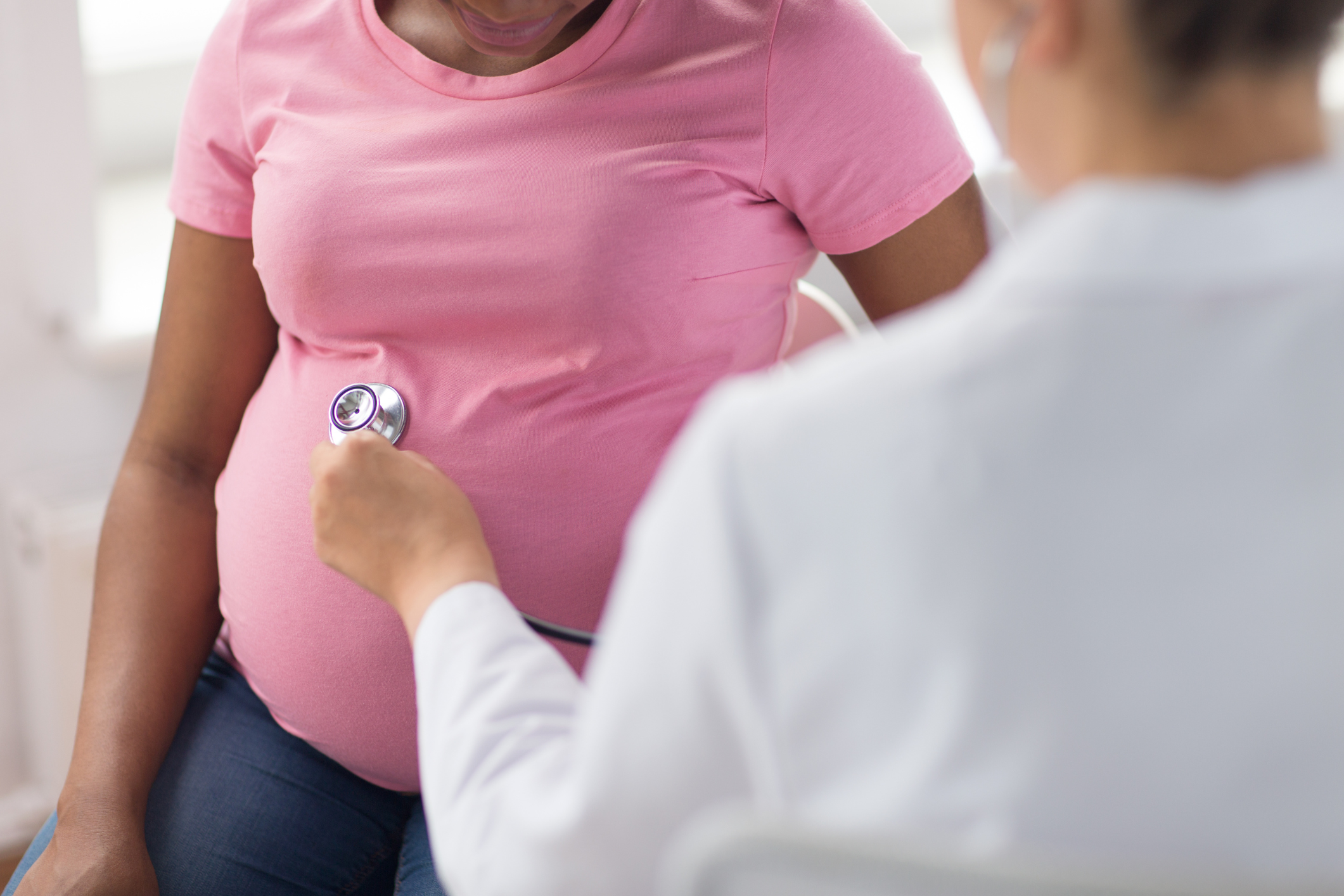By Julia Snyder
The CDC and The National Center for Health Statistics released data in March 2023 showing a dramatic rise in the U.S. maternal mortality rate from 17.4 deaths per 100,000 live births in 2018 to 32.9 per 100,000 live births in 2021. The data also demonstrated a longstanding racial disparity; among Black Americans, the maternal mortality rate continues to be about three times higher than the rate among White Americans. This disparity also extends to other indicators of maternal and infant health including rates of severe maternal morbidity, preterm birth, and infant mortality, where Black birthing people experience worse outcomes than their White peers.
In New Jersey, the rate of maternal mortality is 25.7 per 100,000. While this is lower than the latest national rate, NJ ranks far below other states such as California (rate of 10.1 per 100,000). NJ does have pronounced racial disparities; data from the Maternal Mortality Review Committee shows that the pregnancy-related mortality ratio for Black non-Hispanic women was almost 7 times that of non-Hispanic White women from 2016-2018, much higher than the national average. No state in the U.S. should have such a high rate of maternal deaths or such pronounced disparities, as most pregnancy-related deaths are preventable.
Social and structural factors play a major role in maternal health inequities including ongoing discrimination and racism embedded in policies and programs throughout the country. This has created differential access to social determinants of health, and quality health care that contributes to poor maternal health outcomes including maternal mortality. This makes social, economic, and health policy action a critical component of addressing maternal health equity.
In New Jersey, the issue has become a priority for First Lady of New Jersey, Tammy Murphy, who released the Nurture NJ Strategic Plan in 2021, aiming to reduce the state’s maternal mortality by 50% over five years and eliminate racial disparities in birth outcomes. The strategic plan takes a systems-level approach and provides guidance for continued action throughout the state including building racial equity infrastructure and partnerships between community-based organizations, funders, private agencies, and state policymakers. A complimentary Maternity Action Plan created by the New Jersey Healthcare Quality Institute includes detailed recommendations and considerations to improve the maternal health workforce, data collection, community-based social supports, and healthcare payment reform.
One set of recommendations surrounds supporting and promoting alternative models of care including midwifery, community doula care, and integrated care models such as CenteringPregnancy. These care models often include additional support for birthing people at highest risk of poor outcomes, and thus may help improve disparities. Research has shown that doula care can not only improve outcomes but has potential cost savings among Medicaid beneficiaries. Expanding reimbursement policies for these services covered under NJ Medicaid is critical for maternal health equity as NJ Medicaid pays for more than 40% of births in the state. NJ has begun reforms in this area, adding doula care to its covered maternity care services in 2021 and awarding a grant to the organization HealthConnect One to help expand and develop the diverse community doula workforce and launch a doula learning collaborative.
There are opportunities to further expand and sustain these models of care by standardizing credentialing processes and increasing reimbursement rates for midwives and doulas. New Jersey continues to follow troubling national trends in disparities in maternal health and mortality. However, the priorities set by Nurture NJ provide an opportunity for needed structural change to help transform the complex social systems and conditions that contribute to health.

